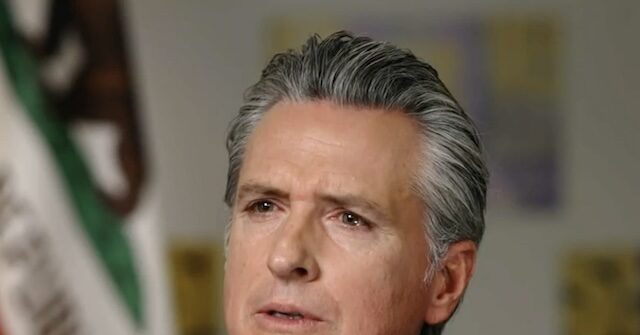PARIS — Call it the French Watergate.
The iconic French mineral water brand Perrier is at the center of a fresh scandal that threatens to bubble over and hit the highest levels of government.
Nestlé Waters lobbied France’s government, including people close to French President Emmanuel Macron, to make possible the sale of branded mineral water that circumvented stringent French regulations, effectively misleading consumers, according to a damning Senate report released Monday.
At the heart of the accusations are Nestlé Waters’s allegedly unauthorized use of carbon filters and ultraviolet light — methods normally used on tap water — to treat mineral water for several of its brands, including its flagship sparkling water Perrier. But France’s stringent regulations aim to ensure that natural mineral water remains pure and unaltered, justifying the steep price tag paid by consumers.
Anger over the alleged lobbying scandal threatens to further hurt an already embattled Macron as he fights political deadlock and low approval ratings. Asked about the Élysée’s role in the Nestlé Waters case in February, Macron said he was “not aware of such things” and that there had been no “agreement” or “collusion.”
In early 2024, anticipating the release of an investigative report from French outlets Le Monde and Radio France, the Swiss-owned company issued a statement acknowledging its past use of tap water treatment methods on its mineral water, and said that it had aligned its processes with French regulations for mineral water beginning in 2023.
“We confirm that the food safety and quality of our natural mineral waters have always been guaranteed,” Nestlé Waters wrote in a statement at the time.
The use of the treatments methods was necessary due to “sporadic bacterial or chemical contamination” caused by “faecal contaminations” in the mineral water supply, according to the press report, which cited “a confidential note” from the French administration.
Nestlé Waters France informed the French government of its water treatment practices as early as 2021, the company said in its original statement.
Nestlé took a “transactional” approach, according to Monday’s Senate report. It shared its wrongdoings with the French government, and, in exchange for ending carbon filter treatments, offered instead to use microfiltration at 0.2 microns.
Until that point, French health authorities had established that any filtration below a 0.8-micron threshold would risk altering the water’s composition. But in 2023, the French government allowed local authorities to loosen the regulatory framework through executive action in order to permit the finer microfiltration method.
Monday’s report is the result of a parliamentary inquiry by Socialist senator Alexandre Ouizille into the practices of the French water industry. Ouizille’s inquiry, which followed the publication of the press reports last year, also sought to establish to what extent Macron’s office may have been aware of Nestlé Waters’ practices.
Ouizille and the investigative committee summoned Macron’s former chief of staff Alexis Kohler — who served in that post from 2017 until last month and was often described as “the president’s second brain” — to testify, but Kohler refused to appear, citing the separation between the executive and legislative powers.
The office of the French president nonetheless shared with the investigative committee 74-pages of documents featuring discussions between members of the president’s staff and Nestlé and its lobbyists.
“It was at the highest level of government that the decision to authorize microfiltration below the 0.8 micron threshold was taken,” the report released Monday said. “The presidency knew, at least since 2022, that Nestlé had been cheating for years.”
During a press conference Monday, Ouizille insisted that Kohler had “on several occasions met” with Nestlé lobbyists and that “at the very least, the Elysée was aware of what was happening.”
This article has been updated.
The post Macron’s office immersed in major Perrier mineral water scandal appeared first on Politico.




